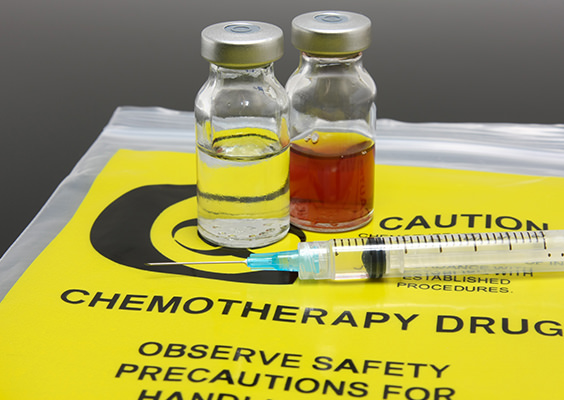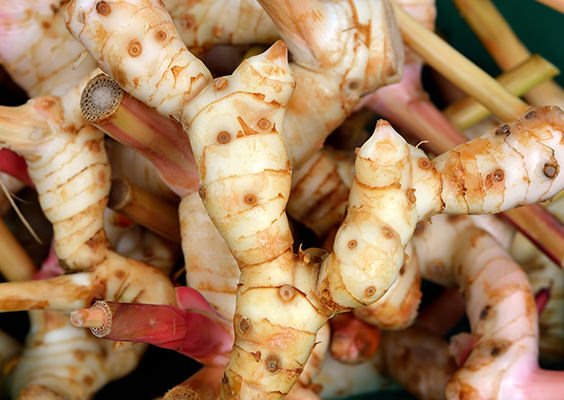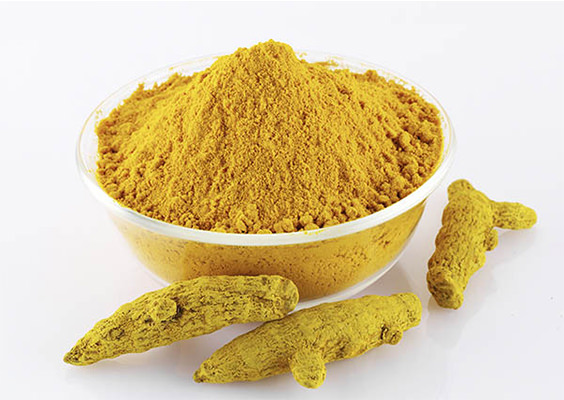Why is it that if you’re unfortunate enough to get cancer, your only option is to see an oncologist who will almost certainly recommend radiation, surgery or chemotherapy drugs?

One reason is that it’s all they know. Conventional doctors are only educated to use the tools of modern medical technology.
But there’s another reason that’s very concerning…
Chemotherapy drugs are making oncologists very, very rich.
You see, most doctors will just write you a prescription for a drug. But not oncologists. They buy these drugs at wholesale prices then sell them to cancer patients at marked-up prices.

They’re the only specialists in mainstream medicine that are allowed to profit directly from the sale of a drug. And they depend on that money. It’s estimated that selling chemo drugs makes up 2/3 of cancer doctors’ incomes!
Now, I don’t want to say they’re all crooks. That’s a lot of money. And even good people with good intentions can be influenced by that kind of financial incentive.
Natural Remedies for Cancer
Exclusion of natural therapies is universal. If there are cancer doctors out there who recommend these remedies, I haven’t met them. Not a single one. In fact, if you’re a cancer patient, they’ll likely tell you to toss out any supplements you’re taking.
When I see a patient with cancer, I often feel like it’s a war between me and their oncologist… with the patient stuck in the middle.
I understand that getting a cancer diagnosis is scary. And that most people would be willing to pay any price for a cure.
The good news is you don’t have to.
Mother Nature has powerful cancer-killers that not only destroy cancer cells… but prevent them from ever forming in the first place.
Mother Nature’s “1-2 Cancer Punch”
And two of the
most powerful weapons in her cancer-fighting arsenal are galangal and turmeric. Their ability to wipe out deadly cancer cells is so remarkable, I like to call them nature’s “1-2 cancer punch.”Effects Of Galangal Root On Cancer Cell Growth

The root of the galangal plant has been used in Southeast Asian cooking and traditional medicine for thousands of years. And it’s loaded with cancer-fighting compounds like beta-sitosterol, galangin and emodin. In studies:
- Beta-sitosterol decreased cancer cell growth by 24% and induced programmed cell death fourfold in a line of prostate cancer cells.1
- Galangin killed human colon cancer cells.2
- Emodin suppressed tumors and improved immunity.3
And there’s more…
One study from Thailand showed that galangal is effective at treating different kinds of throat cancer.4 Another showed that it inhibits the growth of a type of gut bacteria that’s been linked to gastrointestinal cancers.5
In England, researchers found that an extract of galangal triggered enzymes that help cells rid themselves of carcinogens. It also killed breast and lung cancer cells.6
If galangal is Mother Nature’s jab, turmeric is her right hook.
The root of the turmeric plant contains a powerful compound called curcumin. It’s what gives Indian curry dishes their yellow color. It’s an age-old cure in India for everything from smallpox to sprains!
How Does Curcumin Fight Cancer?

But curcumin’s ability to fight cancer is nothing short of extraordinary. In fact, curcumin is known to target 10 separate factors that can lead to cancer. You’d have a good shot at preventing cancer by just eliminating one factor… imagine eliminating 10!
Studies have shown that curcumin:7
- Triggers programmed cell death in breast cancer cells
- Targets destruction of cancer-cell mitochondria while leaving healthy cells alone
- Halts replication of cancerous cells
- Prevents DNA damage
- Targets cancer stem cells, which are at the root of tumor formation and malignancy
Both galangal and curcumin are loaded with antioxidants, which neutralize and remove dangerous free radicals from your body. They’re also great at reducing inflammation. That’s the main cause of cancer and the other chronic diseases we face today.
So why don’t oncologists tell their patients about these two wonder plants? Because they’re cheap and readily available. And by giving you a REAL cure, they’d be giving up their cash cow.
Get the benefits of galangal and curcumin at home
I love to cook with both galangal and turmeric. Both roots make great additions to stir fry dishes and stews. You can get fresh turmeric root at Indian specialty shops. Fresh galangal is available at Asian markets, but I recommend the dried root. It keeps longer.
Both are also available in supplement form.
What You Should Look For
For curcumin, look for a turmeric supplement that contains the black pepper extract piperine (also called Bioperine). It increases absorption of curcumin by as much as 2,000%! Also, choose one with at least 90% curcuminoids. I recommend 500-1,000 mg taken twice daily.
Galangal is available in capsule form and as a powder. You can also find it in tinctures mixed with ginger. Take 100 mg twice a day.
I believe so strongly in the cancer-fighting powers of galangal and curcumin, I’m putting them both in a new supplement. Look for more information very soon…
To Your Good Health,
![]()
Al Sears, MD, CNS
1. von Holtz RL, Fink CS, Awad AB. Beta-Sitosterol activates the sphingomyelin cycle and induces apoptosis in LNCaP human prostate cancer cells. Nutr Cancer. 1998;32(1):8-12. PMID 9824850
2. Ha TK, Kim NE, Youn JH, Bae SJ. Galangin induces human colon cancer cell death via the mitochondrial dysfunction and capase-dependent pathway. Exp. Biol Med (Maywood). 2013 Sep; 238(4): 1047-54.
3. Xuemei J, et al. Emodin suppresses pulmonary metasis of breast cancer cells accompanied with decreased machrophage recruitment and M2 polarization in the lungs. Breast Cancer Res. Treat. 2014 Nov; 148(2): 291-302.
4. Wiratchanee M, et al. Cytotoxic activity of Thai medicinal plants against human cholangiocarcinoma, laryggeal and hepatocarcinoma cells in vitro. BMC Complement Altern. Med. 2010; 10:55. Published online 2010. Sept. 28.
5. Bhamarapravati, S. et al. Extracts of spice and food plants from Thai traditional medicine inhibit the growth of human carcinogen Helicobacter pylori. In Vivo. 2003, Nov-Dec.; 17 (6):541-4.
6. King’s College London. Thai curry ingredient has anti-cancer properties. 03 Feb 2005.
7. Life Extension Magazine. How Curcumin Protects Against Cancer. March 2011.

